- World Population Review Newsletter
- Posts
- Secrets of the World’s Most Resilient Minds
Secrets of the World’s Most Resilient Minds
What the world's cultures reveal about grit, focus, and mental mastery.
In partnership with…
Greetings, seeker of sharp thinking and smarter living,
Some people perform under pressure. Others fold.
Some recover from setbacks like rubber bands. Others stall for years.
Why?
The answer lies not in genes—but in mindset. And around the world, mindsets aren’t just personal—they’re cultural software, passed down, trained up, and reshaped by time, place, and purpose.
In this edition, we explore the hidden psychology of nations—what makes people focused, flexible, fearless, and, sometimes, burned out. The findings may just reshape how you think about thinking.
Let’s unlock what the world can teach us about mastering the mind.
Confused by Contradictory Diet Advice? Your Genes Aren’t.
The nutrition noise stops here. Gene Food helps you eat smarter—based on what actually works for your body.
From blood sugar to saturated fat to gluten, your genes shape how your body responds to food. Gene Food translates the latest research into nutrition that fits you, not the masses.
In Japan, excellence isn’t a goal—it’s a rhythm. From sushi chefs to judo champions, the idea of "kaizen" (continuous improvement) pulses through daily life.
Schools teach mindfulness and self-discipline from a young age. Even train conductors rehearse pointing at clocks and signage to reinforce attention. Behind all this is a cultural belief: that how you do something reflects who you are.
More quietly, the concept of "gaman"—dignified endurance in hardship—shapes resilience across generations.
🧠 Fascinating insight: Japan has one of the highest life expectancies—and also one of the highest reported rates of “life satisfaction through purpose,” thanks to the deeply ingrained philosophy of ikigai (your reason for being).
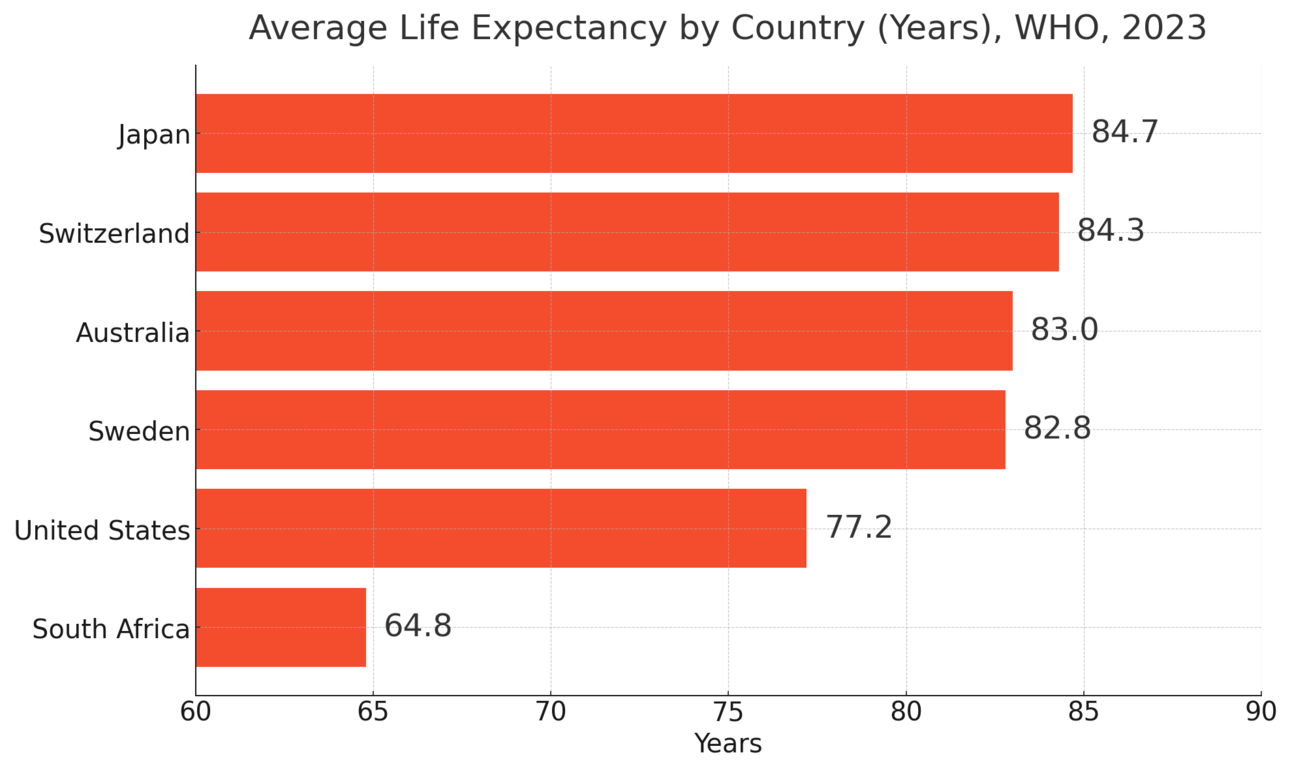
In Finland, there's no loud bravado. Instead, there's sisu—a national trait that means inner strength, calm persistence, and the resolve to keep going even when it’s hard.
You see it in the education system (no standardized testing, just trust and mastery), in outdoor traditions (ice swimming is practically a national sport), and even in crisis response (Finland ranked #1 in EU pandemic preparedness).
Mental performance isn’t taught through motivational speeches—it’s cultivated through nature, silence, and stillness.
🌲 Cool fact: Over 85% of Finns say that spending time in nature improves their mental clarity, stress recovery, and decision-making. Forests are literally considered part of public health.
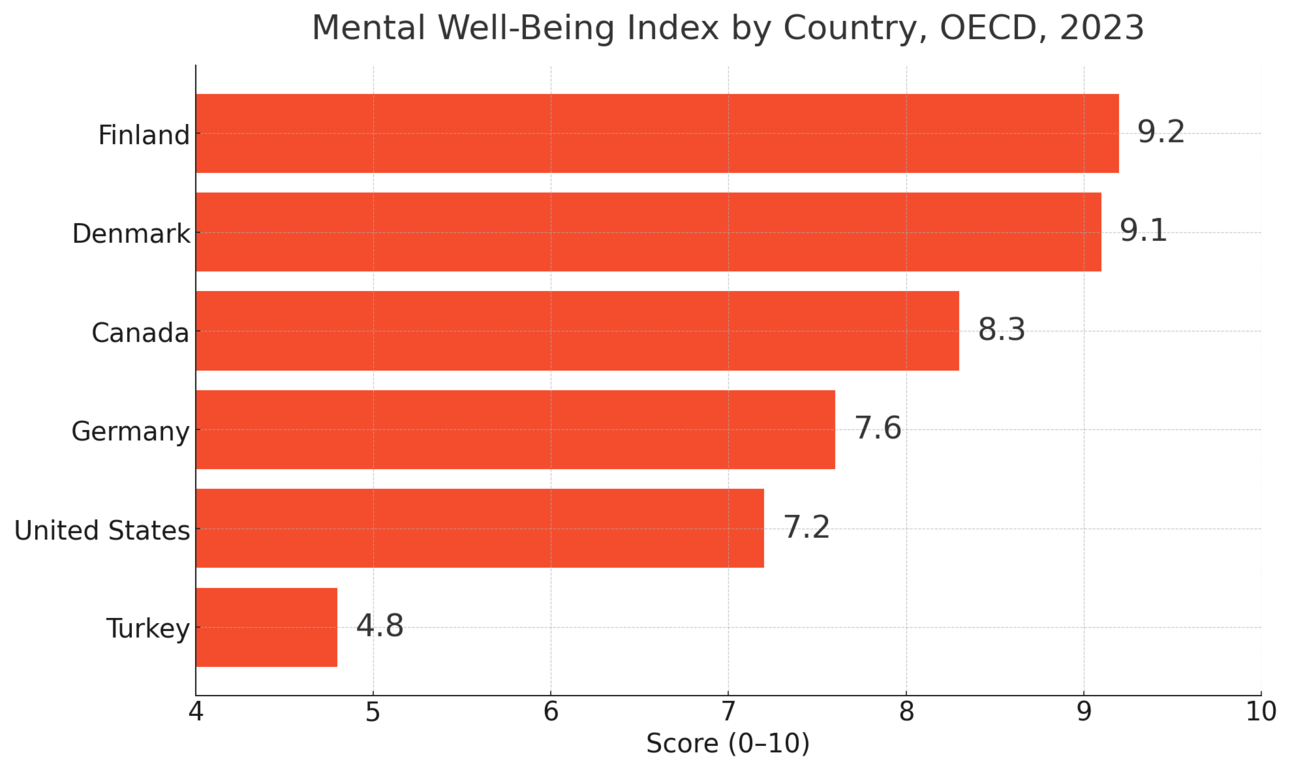
South Korea is a pressure cooker of ambition. Students spend 12+ hours a day studying. Corporate workers routinely clock into 10 p.m. And behind the global K-pop glow lies a society that runs hot on discipline, pressure, and personal sacrifice.
But that mindset is shifting. South Korea now leads Asia in mental health startups, therapy apps, and even “healing forests” where workers unplug and decompress.
🏆 Wild stat: South Korea invests more per capita in private tutoring than any other country—showing that the belief in effort over talent is deeply embedded in its culture.
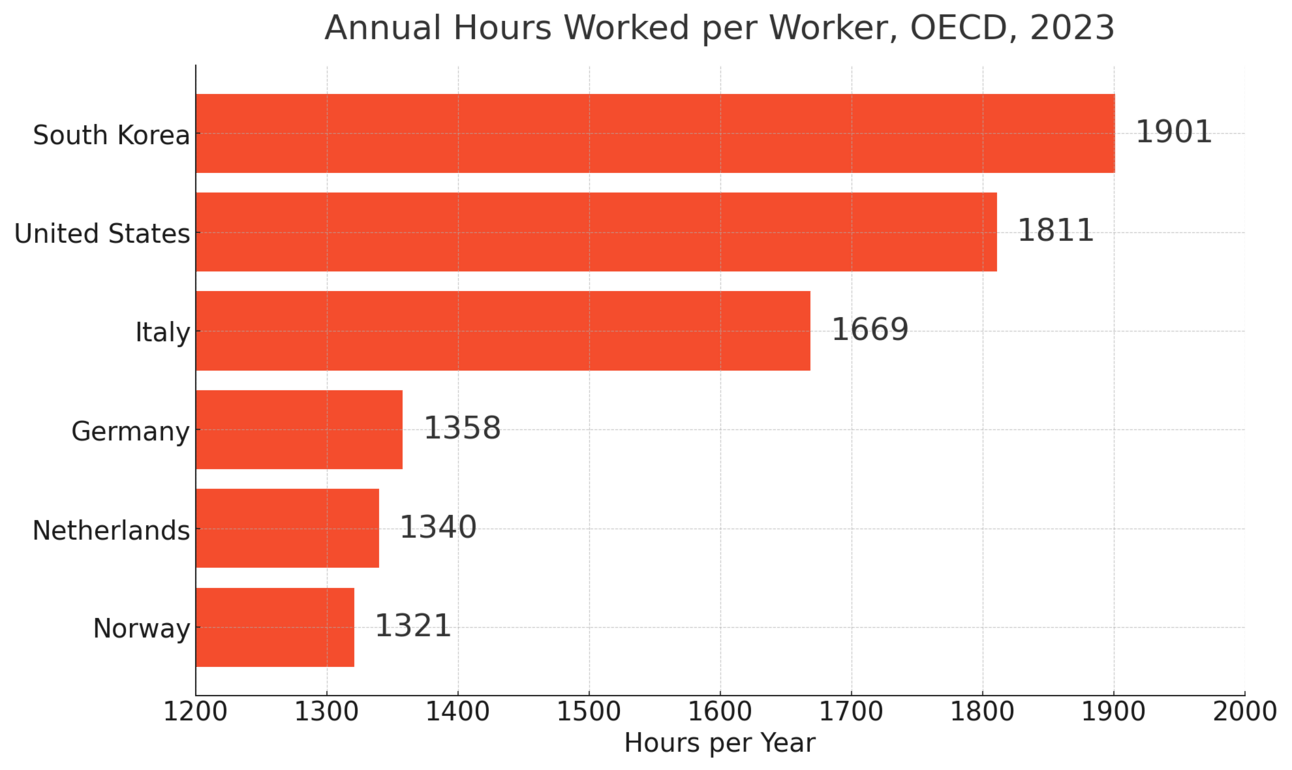
One diet doesn’t fit all 🧬
Discover how your genes influence blood sugar, fat metabolism, food sensitivities, and more. Gene Food Insider delivers the newest research in personalized nutrition—straight to your inbox.
While the world chases GDP, Bhutan tracks Gross National Happiness. Seriously—it’s in their constitution. The country weaves mental wellness into education, government, and daily life.
Schools teach meditation and emotional literacy. Leaders make decisions based on how policies will impact citizen well-being. And Buddhist teachings offer everyday citizens a framework for equanimity, death-awareness, and gratitude.
💡 Counterintuitive fact: Bhutan’s average daily screen time is under two hours—a fraction of what’s typical in Western nations. And it correlates with lower anxiety and higher life satisfaction.
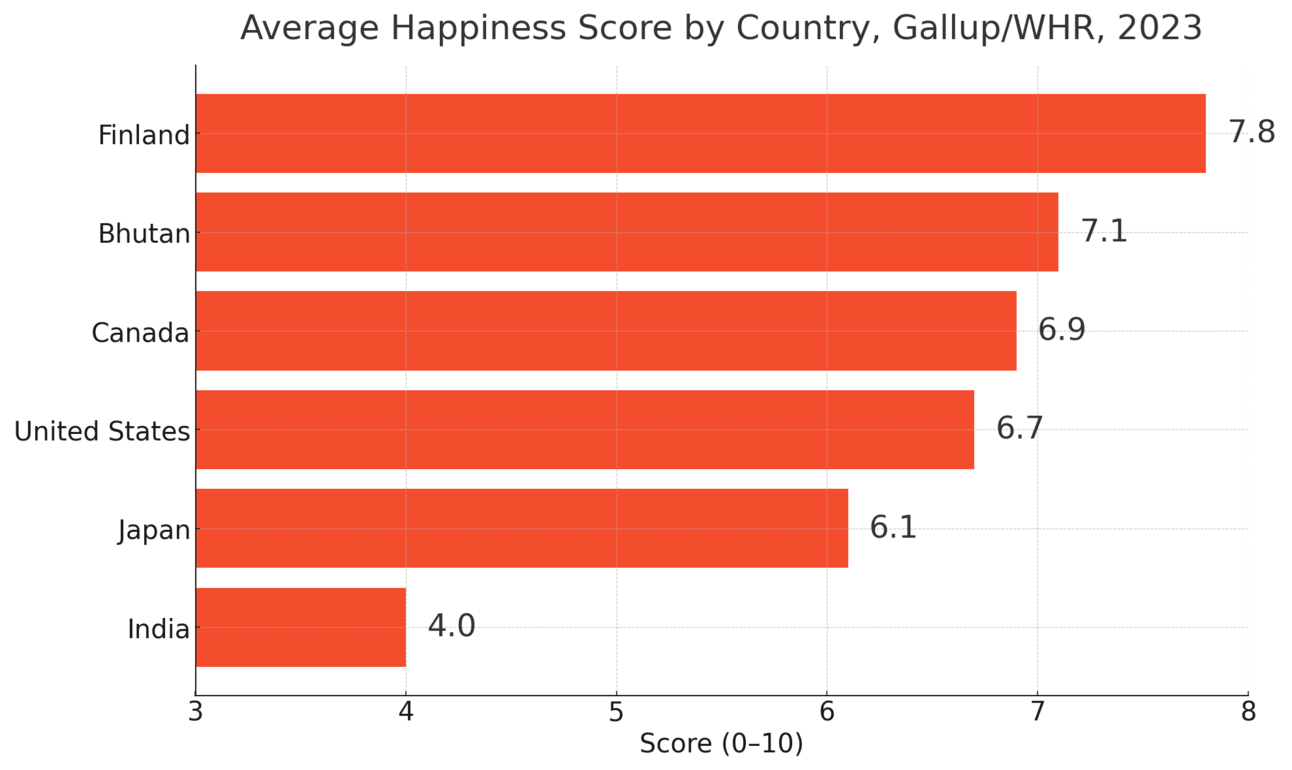
No nation has more heavily invested in performance psychology than the U.S. From pro athletes to fighter pilots, mental training is now as important as physical conditioning.
Techniques like visualization, flow-state training, neurofeedback, and deliberate recovery have gone mainstream. It’s not about being tough anymore—it’s about being trainable.
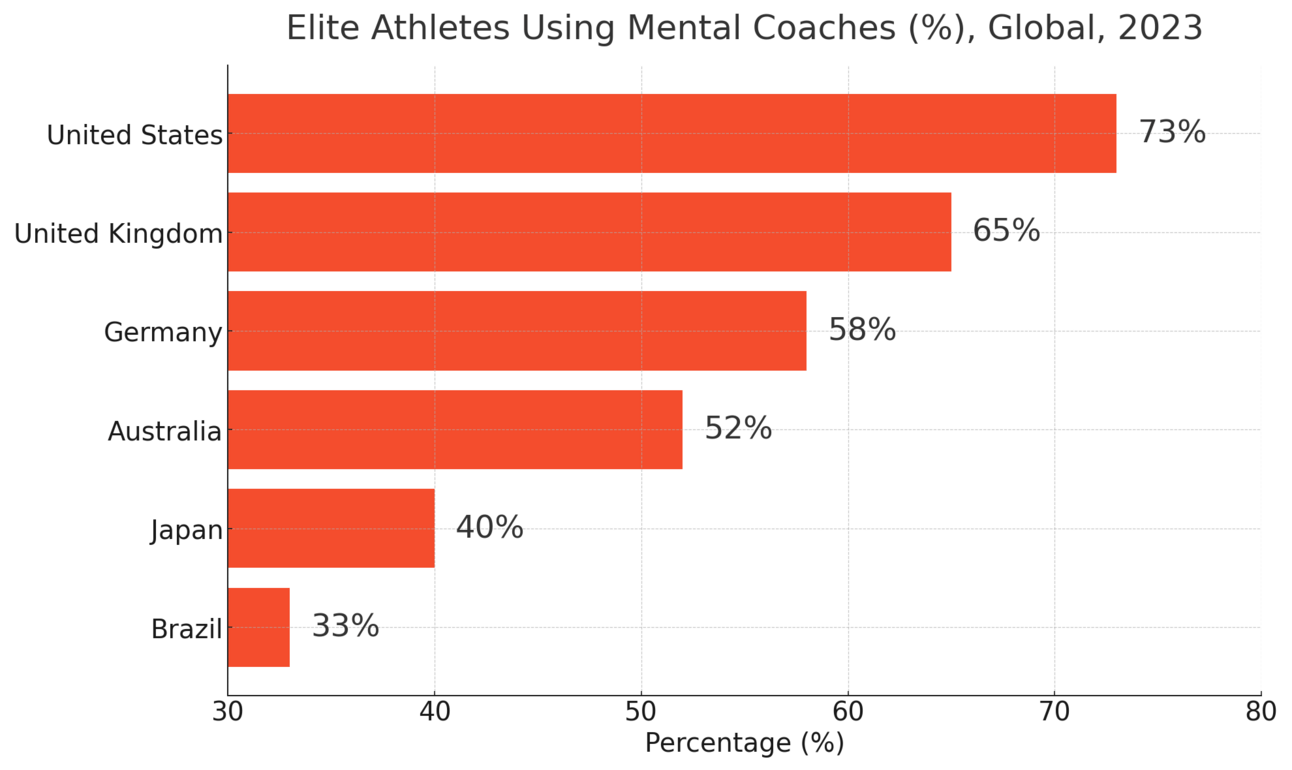
Brazil is known for football, samba, and celebration—but underneath the music lies a deeply effective mindset: resilience through expression.
Brazilian culture teaches people to release emotion, move their bodies, and stay connected to community. From capoeira to Carnival, improvisation and rhythm aren’t just art forms—they’re cognitive superpowers.
🎭 Surprising stat: In high-stress sectors like healthcare and retail, Brazilian workers score among the highest globally in emotional resilience and optimism. It's not despite the chaos—it’s because of how they process it.
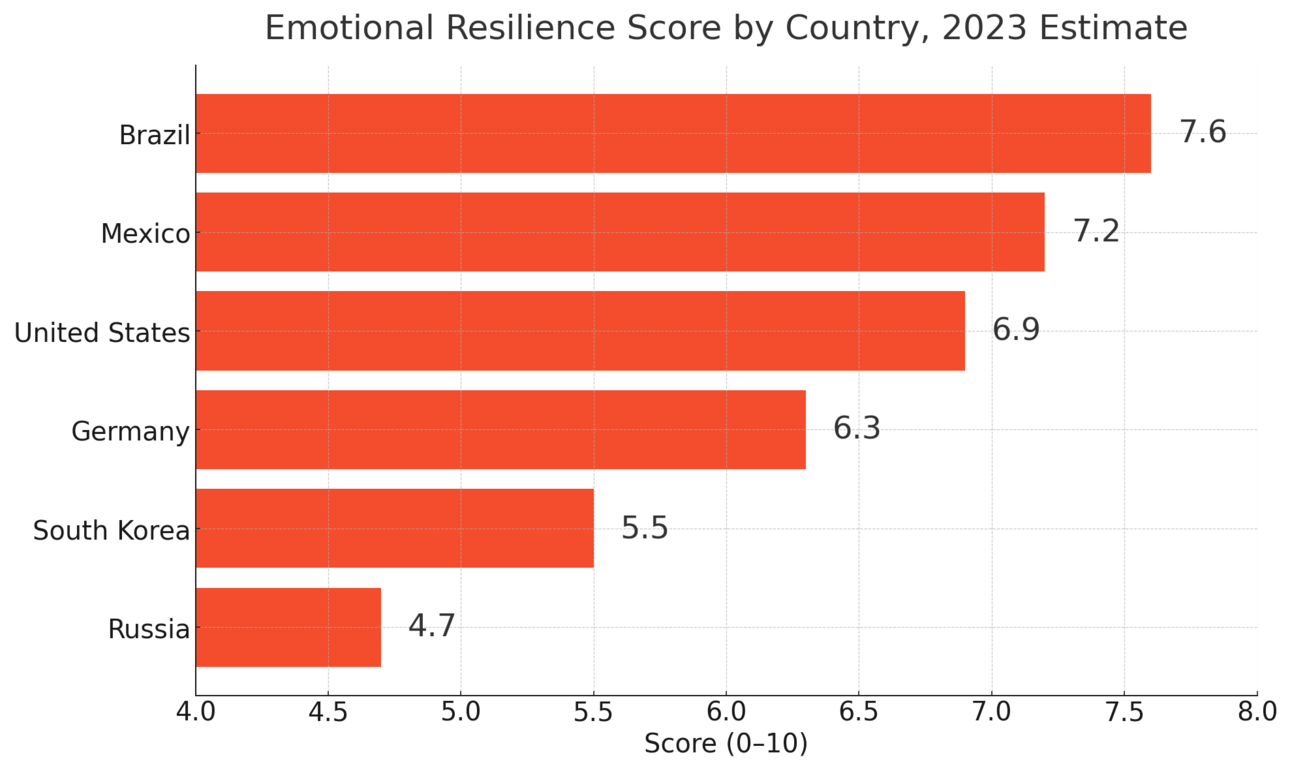
Rwanda’s transformation is one of the most profound in modern history. After the genocide of the 1990s, the country didn’t just rebuild its cities—it rebuilt its national mindset.
Through monthly Umuganda (community service days), open dialogue forums, and massive investment in mental health infrastructure, Rwanda reframed trauma into growth.
What was once one of the most fractured nations is now among Africa’s fastest-growing economies—with mental recovery at its foundation.
🌍 Powerful fact: Rwanda doubled its number of licensed mental health professionals in just five years—and made community-based therapy part of national policy.
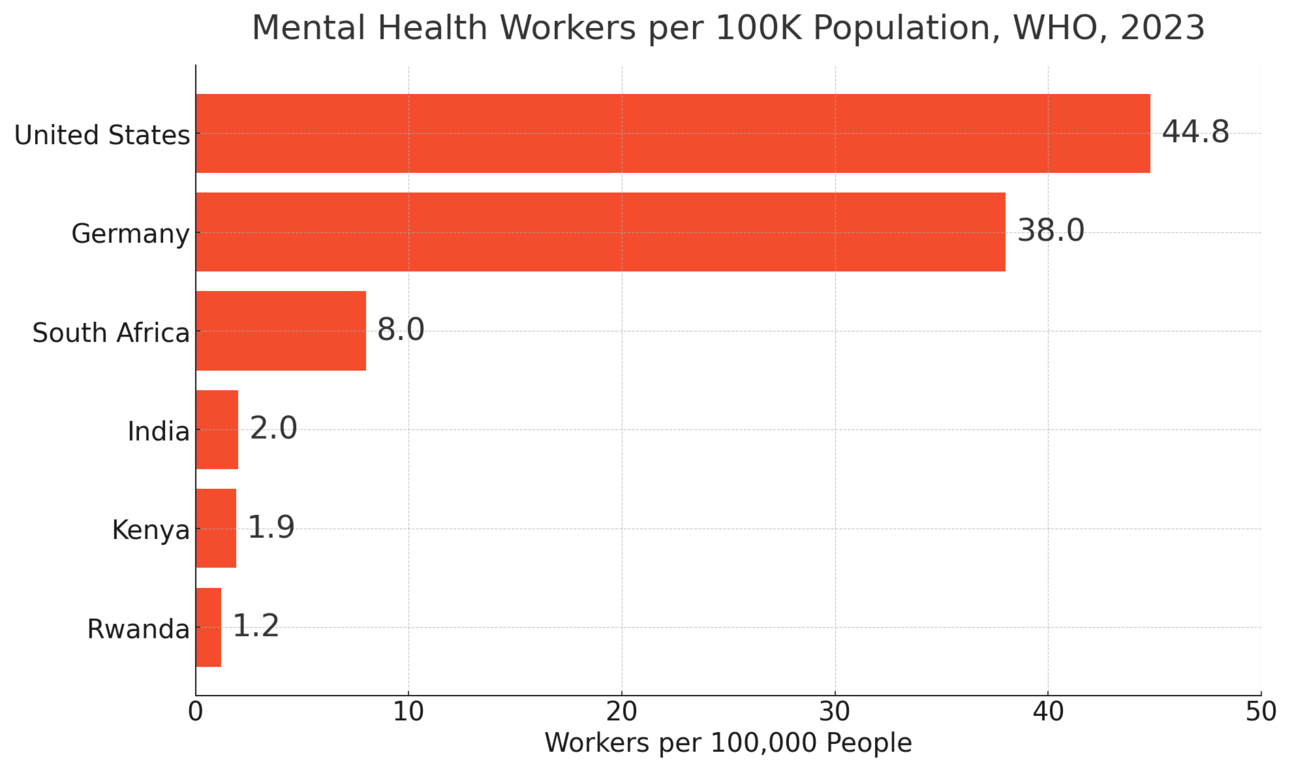
Mental mastery isn’t all motivation posters and ice baths. It’s about training your mind like you train a muscle—and understanding the forces that shape how we perform, focus, and recover.
So whether you're managing a team, planning a move, or chasing your next personal best, there's something to learn from the world’s most powerful mindset traditions.
Warm regards,
Shane Fulmer
Founder, WorldPopulationReview.com
P.S. Want to sponsor this newsletter? Reach 123,000+ global-minded readers — click here!

